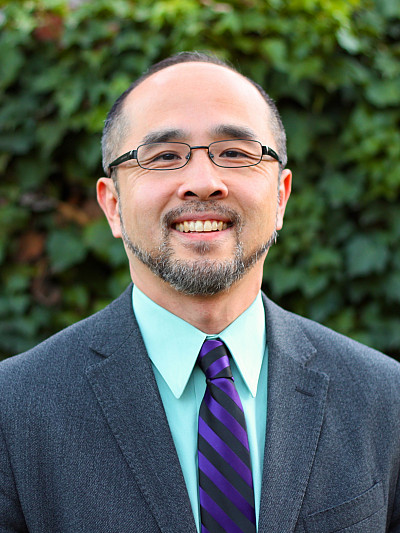Francis Su

Bio: Francis Su is the Benediktsson-Karwa Professor of Mathematics at Harvey Mudd College, a former president of the Mathematical Association of America, and a Fellow of the American Mathematical Society. In 2013, he received the Haimo Award, a nationwide teaching prize for college math faculty, and in 2018 he won the Halmos-Ford writing award. His research is in geometric combinatorics and applications to the social sciences. His work has been featured in Quanta Magazine, Wired, and the New York Times. His book Mathematics for Human Flourishing (2020), winner of the 2021 Euler Book Prize, has been translated into 8 languages. It offers an inclusive vision of what math is, who it's for, and why anyone should learn it.
Additional information can be found here.
Topics include:
Randomness, Geometry, and Privacy
Differential Privacy is a relatively new area of computer science that studies ways to protect the privacy of individual data in a database. Since a user like me might be able to discover information about you by asking a database a question that is sufficiently targeted, the privacy of a query answer can be accomplished by injecting a little randomness into it. Such "differentially private" mechanisms have been used by Apple, Google, Uber, and the US Census Bureau. I'll describe how such algorithms work, and then discuss recent efforts to quantify how much randomness is needed to guarantee privacy but still give accurate answers. Surprisingly, this analysis involves the geometry of sets positioned in space in clever ways.
100 years of Sperner's Lemma: Proofs, Generalizations, and Applications
Sperner's lemma is a simple combinatorial result that is surprisingly powerful and useful---bringing together ideas in combinatorics, geometry, and topology while attracting interest from economists and game theorists. I'll explain why, show some old and new proofs, and present some recent generalizations with diverse applications.